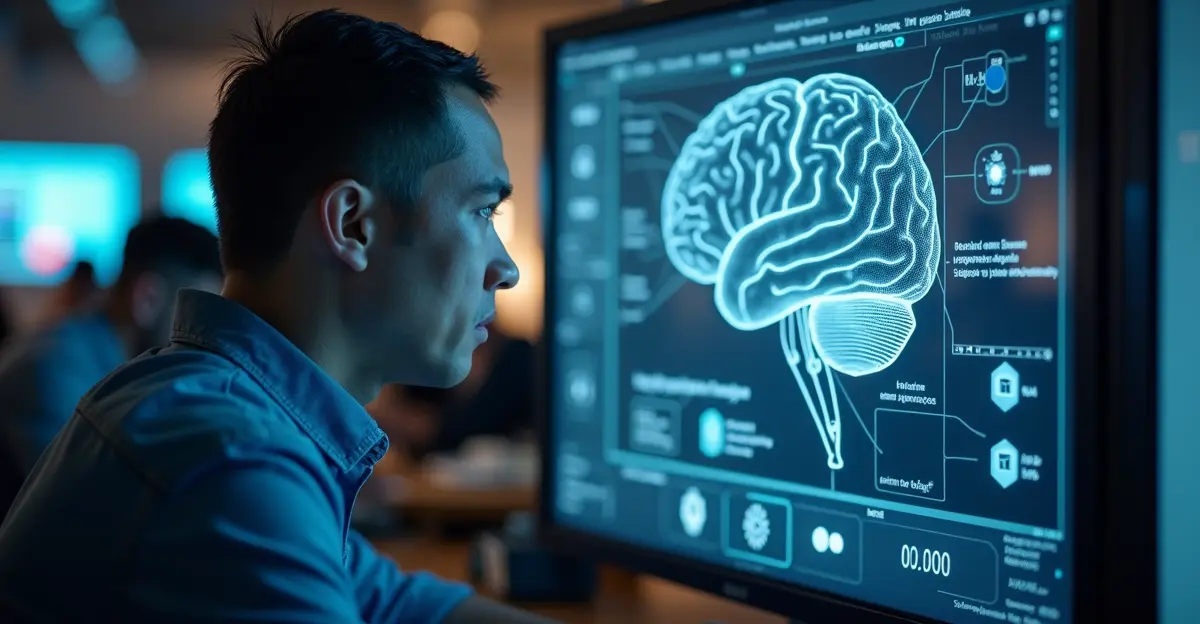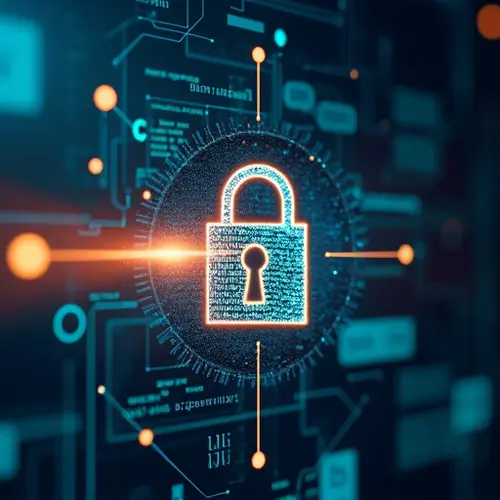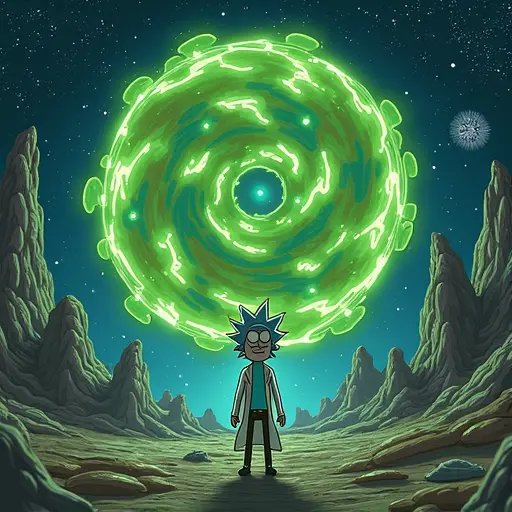
Quantum Computing Reaches Practical Milestones
2025 marks a turning point in quantum computing as researchers achieve unprecedented qubit stability and error correction rates. Major tech companies including IBM, Google, and Rigetti Computing have demonstrated quantum processors exceeding 1,000 physical qubits with coherence times allowing for complex calculations previously deemed impossible. These advancements enable quantum computers to solve optimization problems in logistics, pharmaceutical discovery, and financial modeling that would take classical supercomputers centuries.
Industry Applications Go Live
Multiple industries are now implementing quantum solutions:
- Drug discovery accelerated by 18 months through protein folding simulations
- Financial institutions optimizing portfolios with quantum risk analysis
- Logistics companies reducing fuel consumption by 15% through quantum route optimization
The Encryption Revolution
With quantum computers now capable of running Shor's algorithm, current RSA encryption faces existential threats. NIST has accelerated its post-quantum cryptography standardization process, with lattice-based cryptography emerging as the leading solution. Major tech firms are expected to implement quantum-resistant encryption protocols by Q4 2025.
Global Quantum Race Intensifies
The United States, China, and EU have collectively invested over $40 billion in quantum initiatives since 2020. Quantum.Tech USA 2025 (May 12-14, Washington DC) will showcase commercial quantum computers operating at room temperature - a critical milestone for widespread adoption.
Challenges Remain
Despite progress, quantum decoherence and error rates continue to limit computational scale. Leading researchers emphasize the need for hybrid quantum-classical approaches during this transitional period. The development of fault-tolerant quantum computers remains the field's primary objective for the coming decade.

 Nederlands
Nederlands
 English
English
 French
French
 Deutsch
Deutsch
 Espaniol
Espaniol
 Portugese
Portugese









